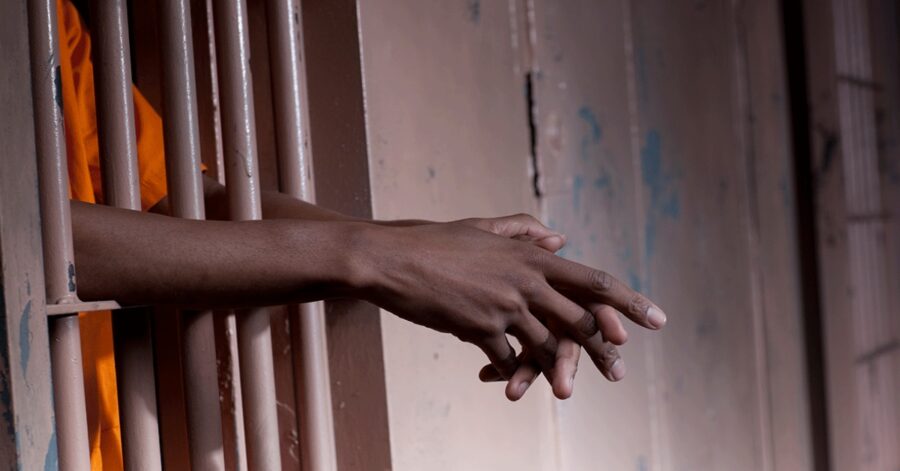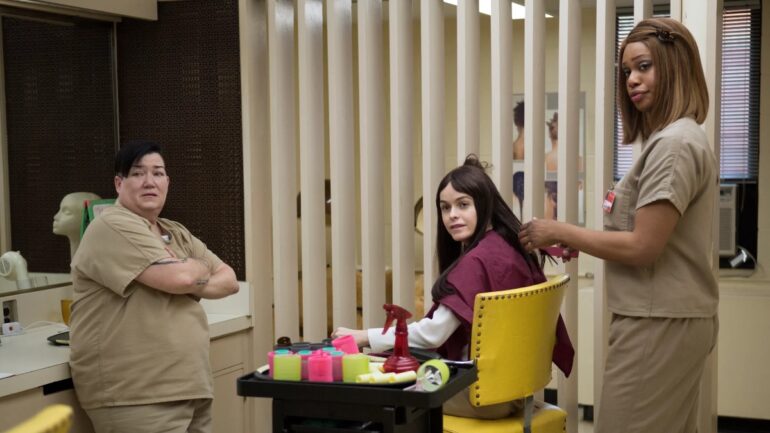Mass incarceration has had many effects on society, especially for those who are Black. With poor living conditions, underwhelming food options, and few rehabilitation programs, something like hair care flies under the radar. A new California bill is bringing hair care for people of color to the forefront.
Incarcerated individuals have access to very few beauty products. They are forced to deal with cheap products and the bare minimum of hygiene options. People of color have even less to choose from. Facing hair discrimination in several ways, Black people suffer from using products that are meant for their White counterparts.

According to Allure magazine, several incarcerated women recount not having access to proper hair care products while serving time in California prisons. One formerly incarcerated woman, Jane Dorotik, shared her belief that the lack of diversity in hair products is intentional.
California assembly members introduce Assembly Bill 1875.
To tackle this issue head-on, three of California’s assembly members introduced the Culturally Competent Hair Care Act on Jan. 22, 2024. The bill states that starting on Jan. 1, 2028, California prisons and jails will be required to provide sulfate-free shampoos and conditioners, curl creams, and gels in stock if they have a store.
Allure magazine has reported that Beauty Beyond Bars is sponsoring the California bill. The non-profit organization is actively providing personal care products exclusively for incarcerated individuals.
“I was shocked by people’s accounts of DIY toiletries, with many exchanging food for components needed to create shampoo, makeup, and soap,” the executive director of Beauty Beyond bars, Lea Nepomuceno, told the outlet. “The more interviews I conducted, the more evident it became that beauty is not a matter of vanity, it’s a matter of survival.”
Why this bill and why now?
People of color, specifically Black people, already face hair discrimination in prison systems. Many prisons and jails actively prohibit cultural hairstyles like braids, dreadlocks, and cornrows. Although institutions claim that this rule is in place for safety and inspection reasons, only Black incarcerated individuals are held accountable.
If passed, this bill will move society in a more inclusive direction. The Culturally Competent Hair Care Act includes specific language to ensure that the correct types of products are available to incarcerated individuals. The bill also leaves room for interpretation as it does not mandate the exact products each facility makes available. Nepomuceno stated that this allows each facility to choose what is best for them.
According to Nepomuceno, this bill aims to further humanize those incarcerated, especially those who are Black.
“The fact that culturally competent hair care products aren’t already mandated to be sold at correctional facilities demonstrates a clear bias towards straight hair,” she stated.
Incarcerated people face many challenges while serving time. Proper hygiene and hair care should not be two of them, as they are human rights.
Follow MEFeater on Twitter, Instagram, Facebook, and Pinterest for more articles and updates.










